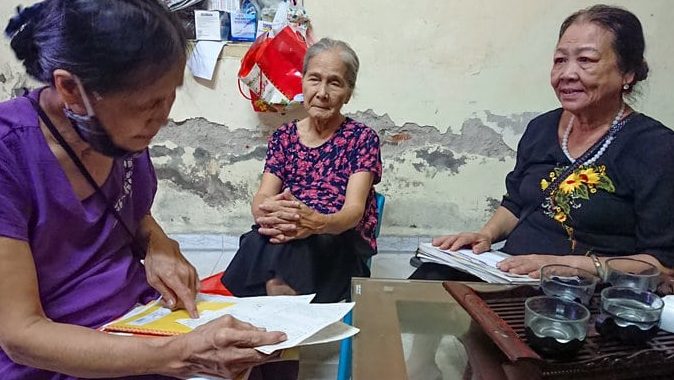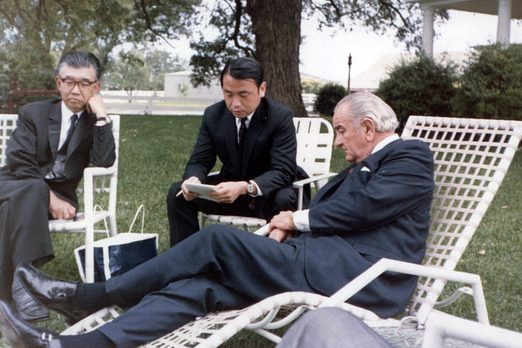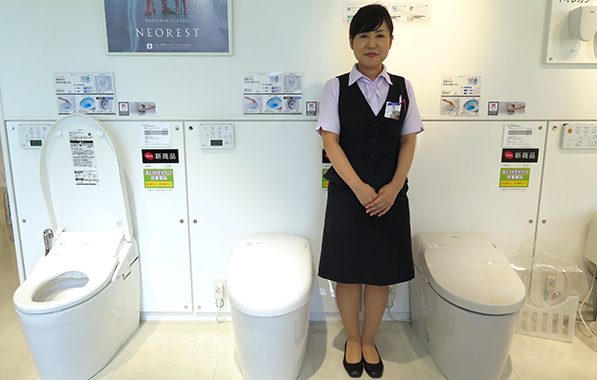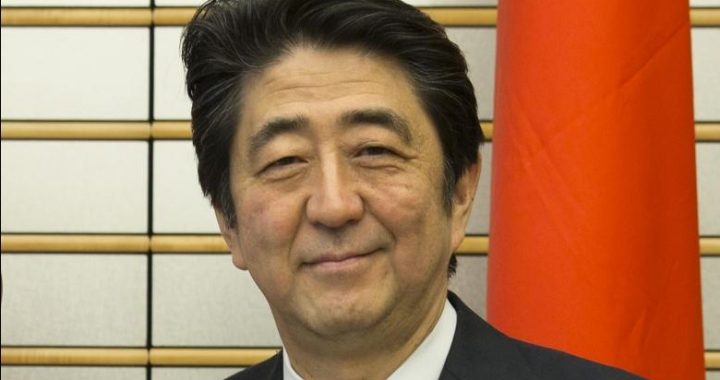Older People, Got A Pandemic Problem? A Club To Help You Figure It Out — Yourself

This NPR article features HelpAge International in Vietnam’s Intergenerational Self-Help Club model, which was the recipient of the 1st Healthy Aging Prize for Asian Innovation. They received the Grand Prize in the Community-Based Innovation category.
End of an Era: Yamamoto, Top ‘America Hand’ Dies at 76

Tadashi Yamamoto, who brushed shoulders with everyone from Henry A. Kissinger to David Rockefeller as he worked to strengthen ties between the U.S. and Japan, died Sunday at the age of 76. He was a leading member of the generation of “wise men” who rose to prominence, working to maintain friendly relations between the two allies during periods of trade tension.
Health and Human Security

By Susan Hubbard and Keiko Watanabe
The 1994 Human Development Report introduced the idea of human security to the world stage. Since then, several countries—most notably Canada and Japan—have made attempts to integrate the concept into the international policy architecture.
Japan as a Champion of Human Security

By Tomoko Suzuki
For over a decade, Japan has been a vocal champion of the human security approach. This paper looks back to its genesis and how the human security approach persisted as a pillar of Japan’s foreign policy in spite of recent political turmoil characterized by rapid changes in leadership at the highest level of government.
East Asia Regional Cooperation on Global Health
By Susan Hubbard
East Asia is experiencing an escalation of seemingly intractable conflicts over territory and history that threaten to undo gains that have been made in building regional institutions and promoting cross-border engagement. We need another watershed moment of cooperation to help open up new avenues of communication across the region. Health is a field that is ripe for that kind of cooperation.
Celebrating Community Health Workers: a Look Back to 2013
By Maya Wedemeyer and Sarah Zimmerman
As the second annual World Health Workers Week draws to a close, we wish to look back at the ways in which community health workers have been honored over the past year – especially for their incredible power for aiding social and economic development through the health sector.
Come on Japan, Get with the Program

Founding a startup today has become the stuff of TV and movies around the world. But in Japan today, founding a tech company is not what you might call super popular. Silicon Valley appreciates a good failure. The Japanese — not so much.
A Toilet for All Techies

There’s really no other way to describe them: The toilets of Japan are fabulous. But most U.S. consumers don’t know there’s a whole wide high-tech toilet world out there. It’s something that has to be tried to be really appreciated, says Bill Strang, president of operations for Toto in the Americas.
Secrets of “Three Brothers” of South Korea, China, Japan
By Yoshibumi Wakamiya
You probably do not know that there is the Trilateral Cooperation Secretariat (TCS) in Korea. Although it is rarely known in Japan or China, it is an international organization jointly funded by South Korea, Japan and China and established to promote peace and common prosperity among the three neighbors.
After Abe: Will Japan Fall Back into Old Habits?

In light of Abe’s foreign policy accomplishments, one could assume that the problem of short-lived, weak prime ministers is a thing of the past. But a recent JCIE study warns that Abe may be the exception rather than the rule. Post-Abe, Japan is likely to slip back into the pattern of frequent leadership changes.
